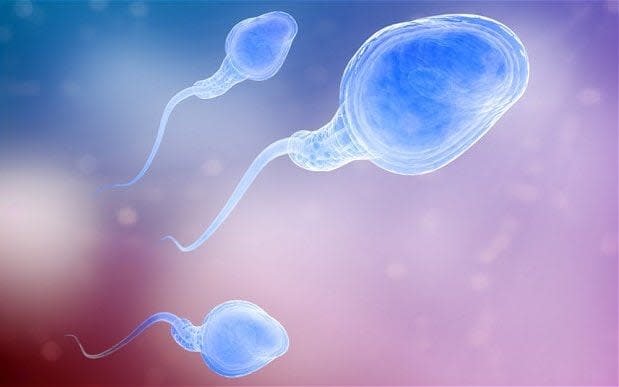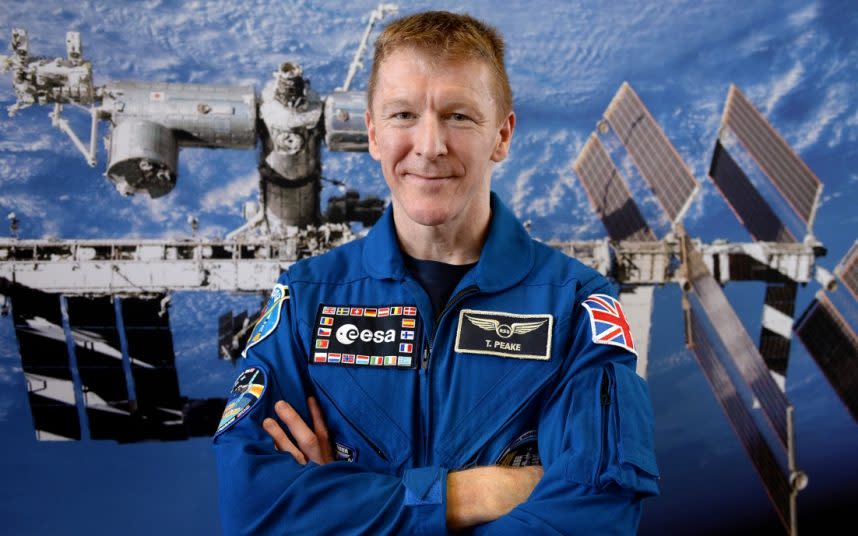Space mice: first animals born from sperm stored on International Space Station for 9 months

Fears that space travel could damage fertility and hinder a long term mission to Mars have been partially allayed after healthy mice were born from sperm stored in the International Space Station for nine months.
Astronauts on board the ISS are bombarded by huge levels of radiation which has led to concerns that it could kill or mutate sperm and pose serious reproductive problems for the first colonists or those travelling in space for extended periods.
Although most astronauts have already had their families by the time they go into space, NASA is so concerned about the damage from radiation that it now offers egg and sperm freezing.
However when researchers at the University of Yamanashi in Kofu, Japan, fertilised eggs with sperm that had been kept on the ISS for 288 days, they found no difference between the pups born through the procedure and a control group.

Lead author Teruhiko Wakayama, of the University of Yamanashi, said: “Radiation on the International Space Station is more than 100 times stronger than at the Earth’s surface, and at levels that can cause DNA damage in somatic cell nuclei.
“The damage to offspring caused by this irradiation in germ cells has not been examined, however.
“Here we preserved mouse sperm on the ISS for 9 months. Although sperm DNA was slightly damaged during space preservation, it could be repaired by the egg and did not impair the birth rate or normality of the offspring.
“Our results demonstrate that generating human or domestic animal offspring from space-preserved sperm is a possibility, which should be useful when the “space age” arrives.”
Previous Russian studies had shown that when male and female rats were sent into space in 1979 they did not mate at all.
Another study found that when male rodents were placed in simulated zero gravity conditions they could no longer produce sperm.

Female astronauts are known to be more susceptible to space radiation and generally spend 30 per cent less time in space.
The Mars One mission is currently scheduled to land its first crew on the planet in 2025, but it has warned volunteers that conception may not be possible in reduced gravity and that a fetus born on Mars may not develop properly.
Astronauts travelling to Mars will be exposed to high levels of radiation, not only because of the length of the mission, between six and eight months, but also because most of the journey is outside of Earth’s protective magnetic field, the Van Allen belt.
However the new study, published in Proceedings of the National Academy of Sciences, suggests that freezing sperm could preserve fertility for colonists, or on lengthy missions.

 Yahoo News
Yahoo News 